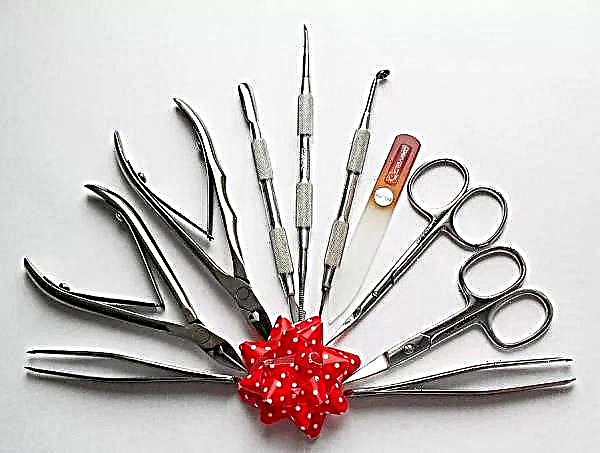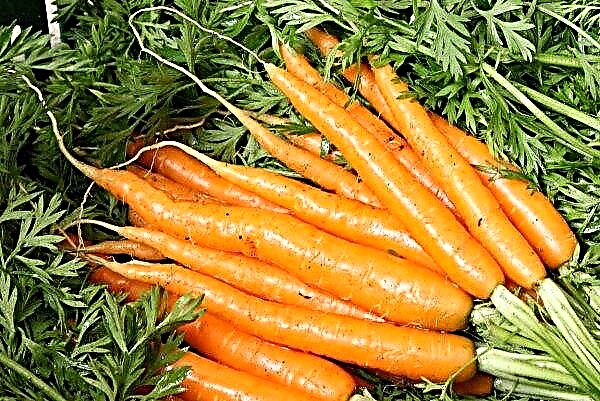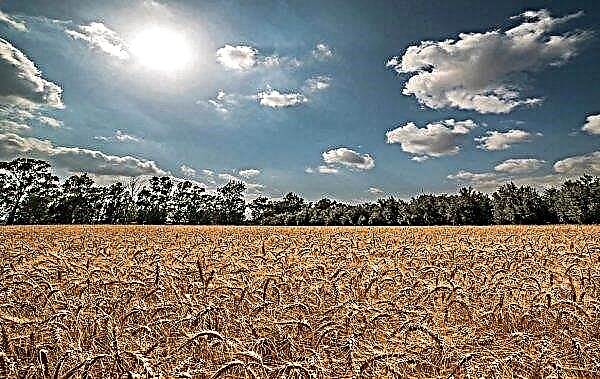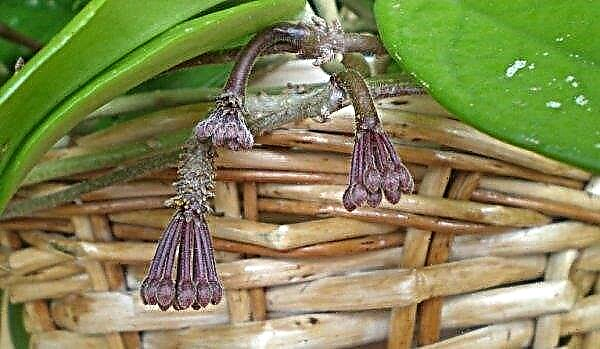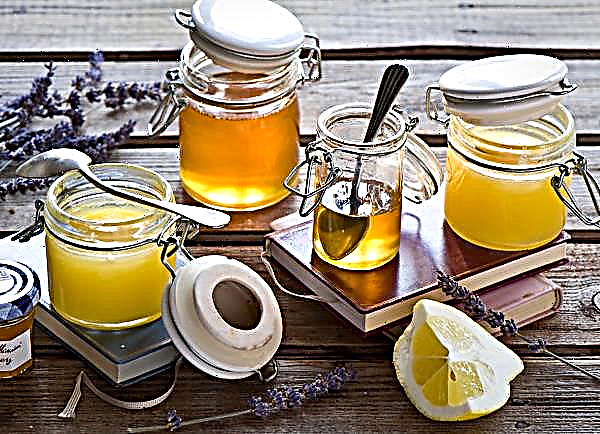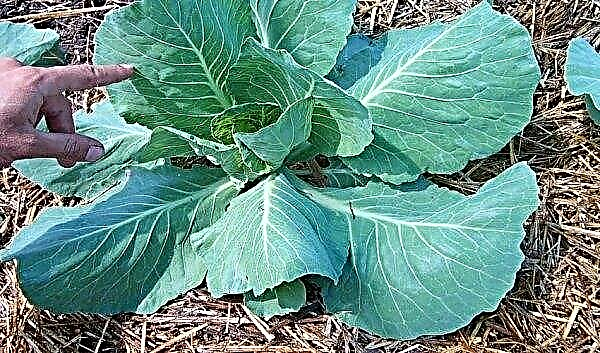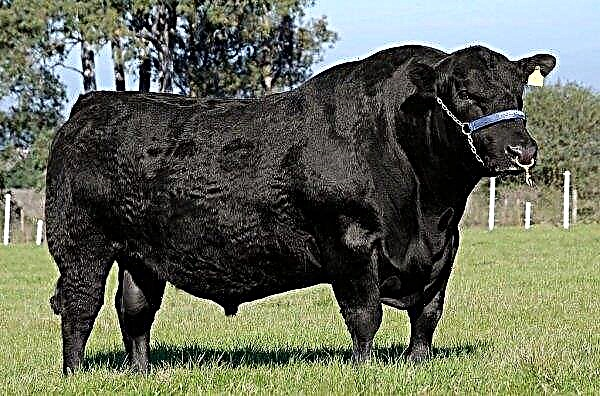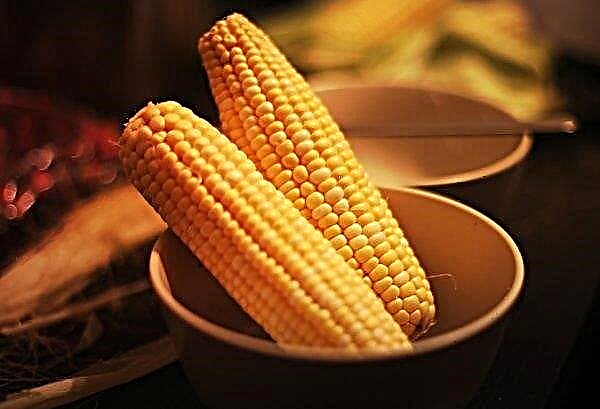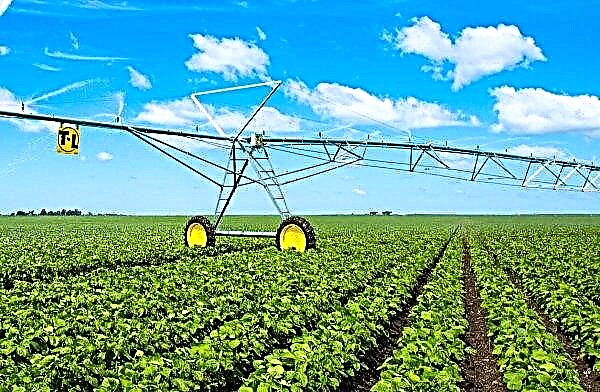The Shirokostup farm (Kagarlyk district of Kiev region) created a micro-reserve for attracting, preserving and spreading entomophages and wild pollinating insects.
Some of them are unique for pollination of crops, for example alfalfa, which cannot be pollinated by a domestic bee.
FC Shirokostup implemented a project in collaboration with Syngenta in Ukraine, which had previously conducted four global programs to preserve the health of pollinating insects since 2001.
On the basis of the economy, the project was launched at the site of the dump of old equipment. The area was cleaned and sowed buckwheat, alfalfa. They put houses for wild insects. It turned out not only beautiful, but also beneficial for the environment.

Scientific consultant of the project Mikhail Filatov, Ph.D. in Biology, associate professor of the Department of Zoology and Entomology named after B. Litvinov Faculty of Plant Protection of Kharkov National Agrarian University. V. Dokuchaeva, said that such projects allow you to leave places where insects could survive with the active economic activities of humans.
“As a result of plowing the fields, the area for the habitat of insects and spiders decreased,” the scientist notes. - An increase in the number of pollinating insects contributes to an increase in yield.

Among insects, predator parasites are found, which are natural regulators of the number of agricultural pests. If such sites are located near the fields, they will become a kind of reserve. ”

